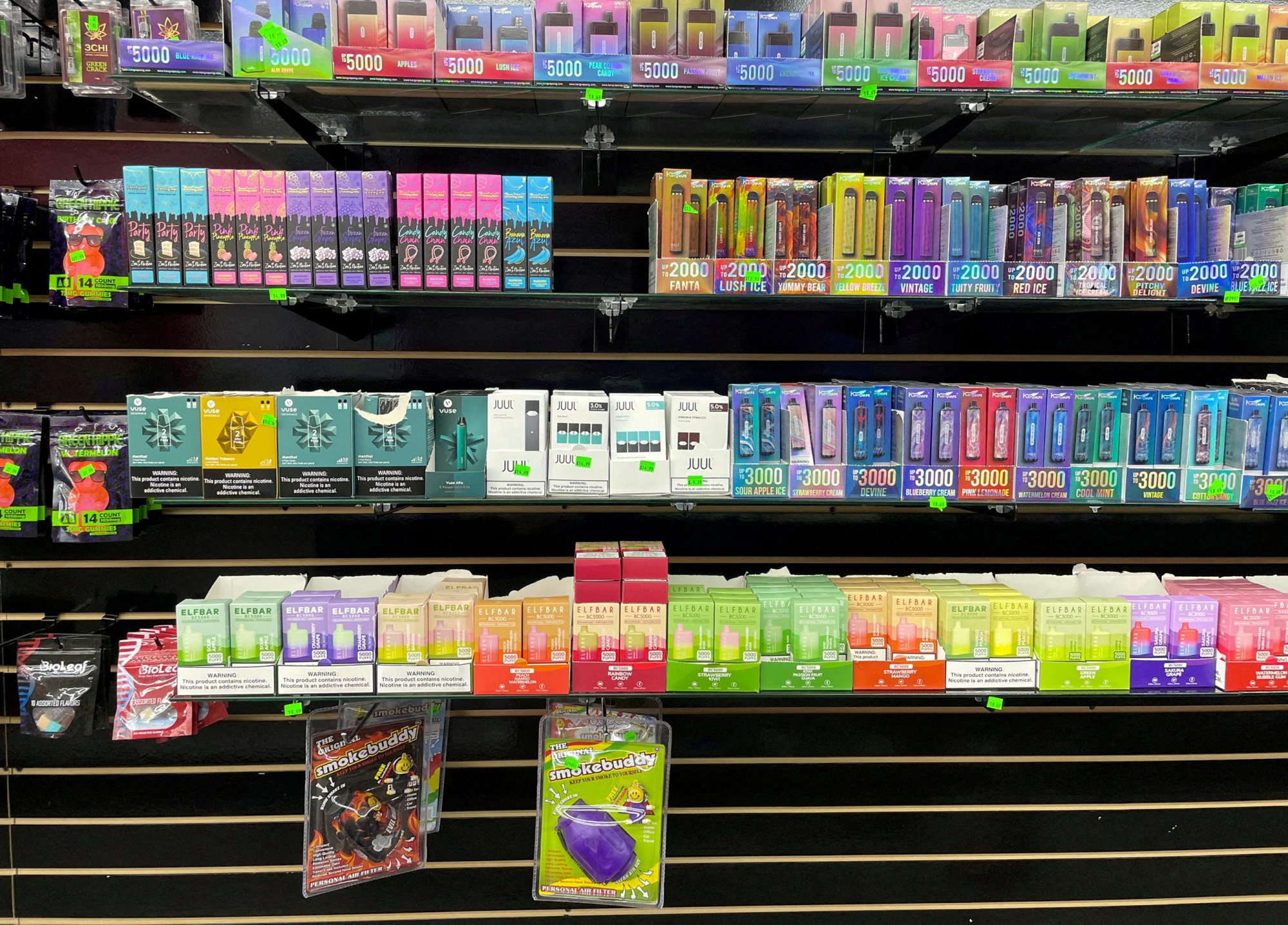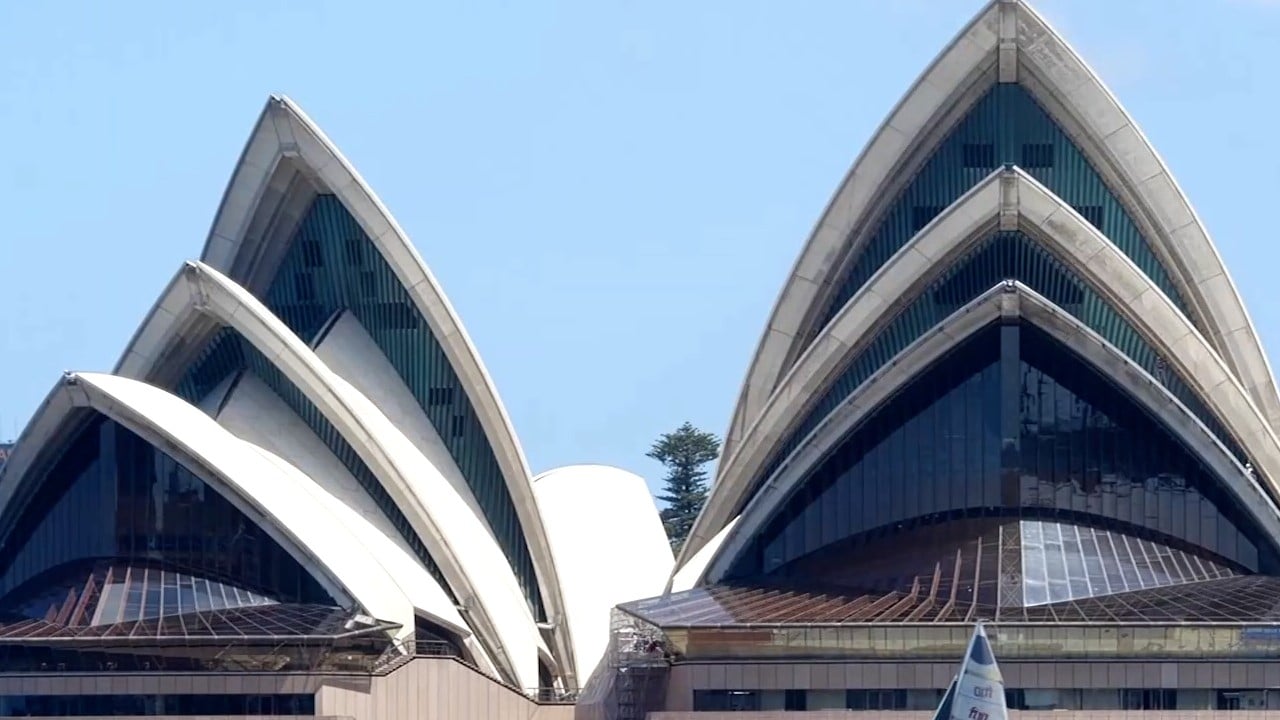Singapore boosts vape crackdown on air travellers to stop e-vaporisers from ‘taking hold in society’
[ad_1]
“Travellers who declare and surrender these items at the Red Channel will avoid penalties,” said MOH and HSA.
They added that the Immigration and Checkpoints Authority (ICA) will continue to conduct security checks to detect and deter smuggling attempts.
Vaping is illegal in Singapore and offenders can be fined up to S$2,000 (US$1,490). Those who import, distribute or sell such products face stiffer penalties, including a possible jail term.
But the number of people caught using and possessing vapes has been on the rise, with some schoolchildren picking up the habit.
Malaysians lament end of holiday highs as Thailand considers cannabis U-turn
Malaysians lament end of holiday highs as Thailand considers cannabis U-turn
Some users get their supply online from messaging applications such as Telegram, or when they go overseas.
“We are therefore taking measures to protect our population and prevent vapes from taking hold in our society,” said MOH and HSA.
Apart from the border checkpoints, checks will be stepped up at places such as the central business district, shopping centres, parks, smoking areas, as well as public entertainment outlets such as bars and clubs.
Authorities described these as “public hotspots”, adding that offenders will be issued with a fine on the spot.
MOH and HSA noted that since December 1, enforcement officers from the National Environment Agency have been empowered to take action against people who use or own vapes.
They added that they are also working with the Ministry of Communications and Information and Infocomm Media Development Authority to improve the detection and removal of sales and advertisements of vapes online.
HSA said it already monitors the illicit sale of e-vaporisers via social media and messaging platforms to curb online access of such items.
Schools and institutes of higher learning will strengthen detection and enforcement efforts against vaping.
“When students are caught using or in possession of e-vaporisers, the prohibited product will be confiscated and their parents will be informed,” said the authorities.
Offenders will be reported to HSA, while their vaping-related offences will be managed through the schools’ “existing disciplinary frameworks” which may include suspension or caning for boys.
“Students caught vaping will also be placed on cessation support programmes where counsellors will guide them through their cessation journey to effect long-term behavioural change,” said MOH and HSA.
They added that the Health Promotion Board will continue to work with the Education Ministry to amplify anti-vaping messages, raise awareness of the harms of vaping and provide support to stop vaping for students.
Malaysia’s move to stub out smoking ban slammed as win for ‘Big Tobacco’
Malaysia’s move to stub out smoking ban slammed as win for ‘Big Tobacco’
Vapes typically contain nicotine, which is highly addictive, as well as other cancer-causing chemicals and toxic substances that increase the risk of heart and lung diseases.
“The toxic substances found in the heated aerosol produced by e-vaporisers can harm users and others through second-hand exposure,” MOH and HSA warned.
“In addition, there is evidence that e-vaporisers can be a gateway for non-smokers, particularly youths, to start using cigarettes.”
Singapore authorities said that their multi-agency approach is aimed at protecting its population from such harmful tobacco products and preventing vaping from being entrenched locally.

The World Health Organization (WHO) said last week that urgent action is needed to control e-cigarettes to protect children and non-smokers.
It added that more 13- to 15-year-olds are using vapes than adults in all WHO regions, helped by aggressive marketing.
The WHO called on governments to implement changes, including bans on all flavouring agents like menthol, and the application of tobacco control measures to vapes.
[ad_2]
Source link


